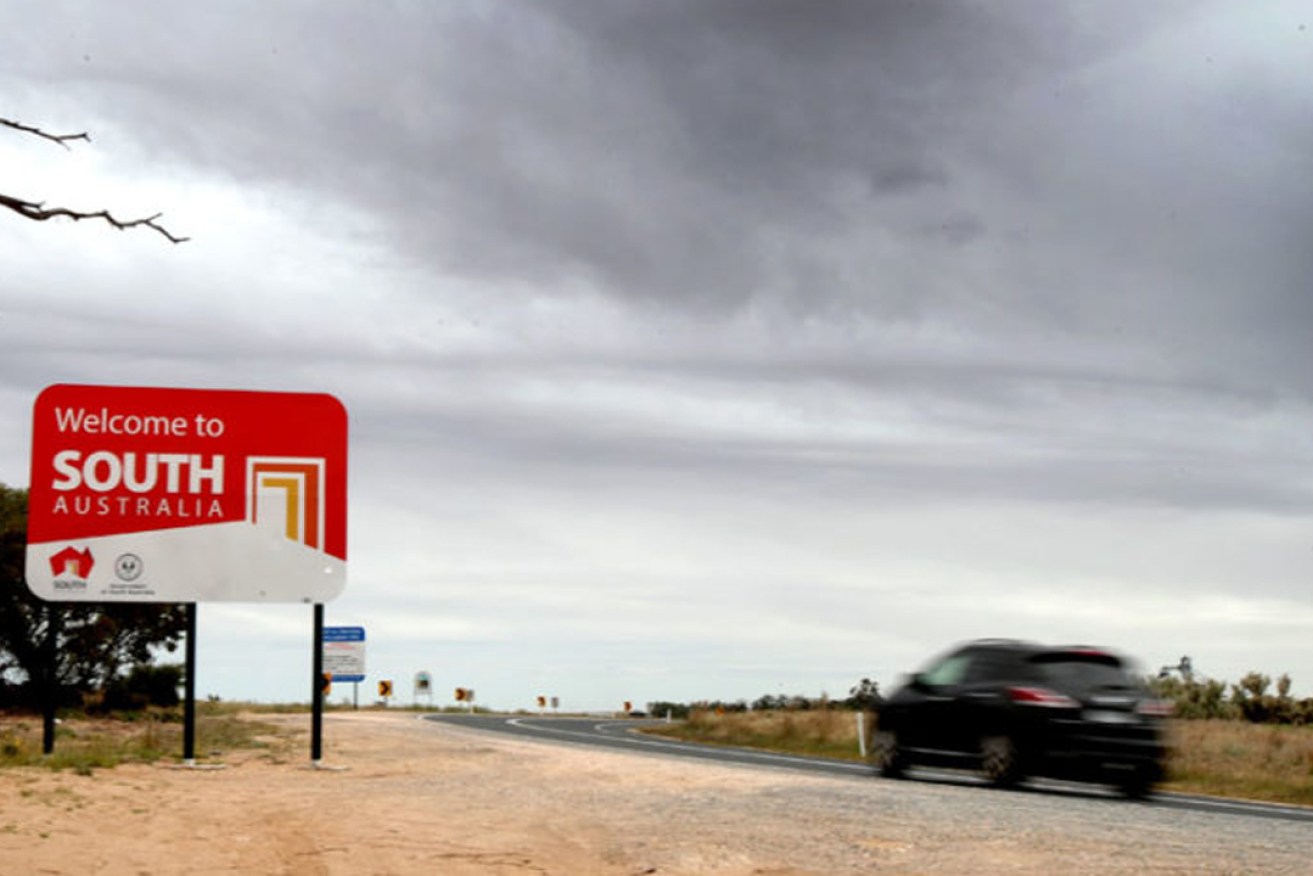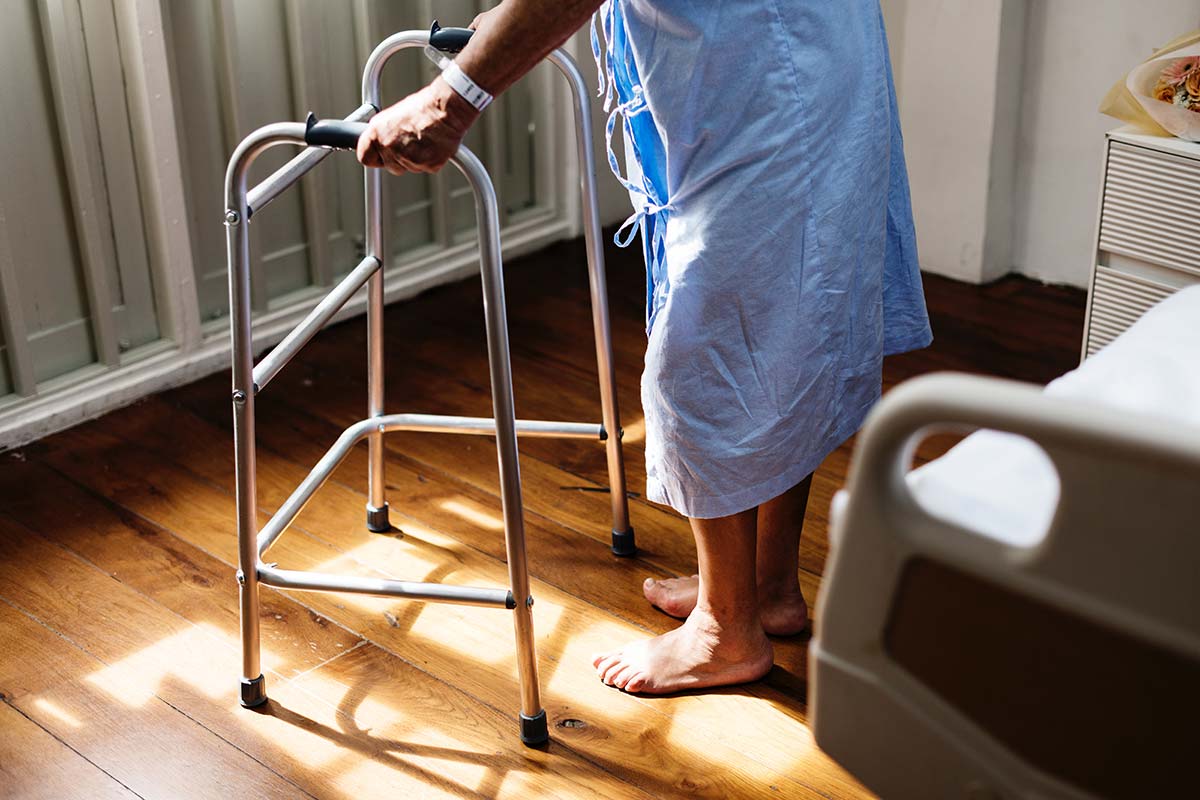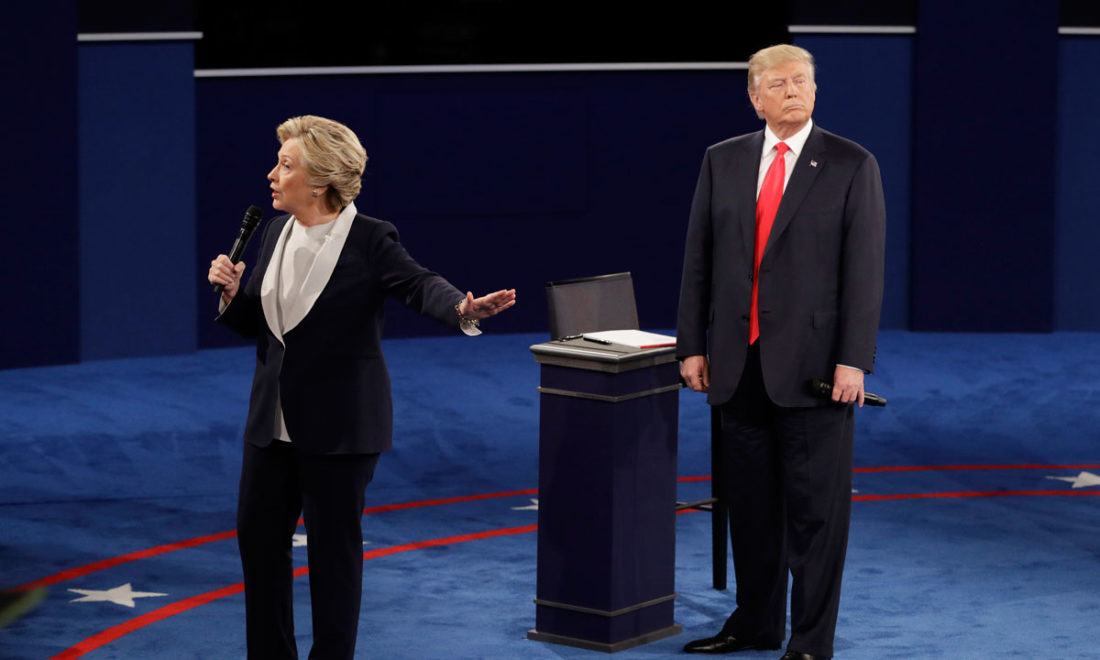What we know today, Friday August 14
Welcome to your serving of the day’s breaking news from South Australia, the nation and abroad. Follow this post for breaking news through the day.


Picture: Kelly Barnes/AAP
- Ruby Princess inquiry finds litany of errors
- SA records new case as relaxed home gathering rules, tighter borders begin
- Youngest virus victim as Victoria records 14 deaths, 372 new cases
- NZ lockdown extended by two weeks in wake of fresh infections
- New aged care restrictions will hurt staff: SACOSS
- Electoral boundary redraw impacts 46 SA seats
- Clinton hopes for ‘less sexist’ election campaign
- Spain emerges as second-wave hot spot
Ruby Princess inquiry finds litany of errors
Authorities made a litany of errors in their handling of the ill-fated Ruby Princess cruise ship, including NSW Health’s “inexplicable” and “unjustifiable” decision to assess the vessel as low risk.
That’s one of a raft of findings from a special commission of inquiry into the vessel’s arrival in Sydney on March 19, when numerous contagious people disembarked at Circular Quay, and subsequently spread the virus across Australia and overseas.
After three weeks of hearings, the Special Commission of Inquiry commissioned by the NSW government and led by Bret Walker SC released its findings on Friday.
In the scathing 330-page report, the eminent barrister reserved his harshest criticism for NSW Health.
The report noted that on March 10 the Communicable Diseases Network of Australia amended its guidelines such that everyone on board the ship with newly-defined suspect cases should be tested.
But when a risk assessment was conducted on March 18, those making decisions did not have the updated definition of a “suspect case”.
“This was a serious and material error,” the commission found.
The Ruby Princess has been linked to hundreds of cases and more than 20 coronavirus-related deaths across Australia.
The ship – which was low on medical supplies and swabs for COVID-19 tests due to shortages – left Sydney on March 8 for New Zealand and returned 11 days later.
Passengers disembarked before the results of 13 expedited tests showing at least three people had the virus.
The delay in obtaining test results from swabs taken on March 19 was “inexcusable”.
“Those swabs should have been tested immediately,” Mr Walker said.
“In light of all the information the (NSW Health) Expert Panel had, the decision to assess the risk as ‘low risk’ – meaning, in effect, ‘do nothing’ – is as inexplicable as it is unjustifiable.”
New SA COVID case as relaxed gathering rules, tighter borders begin
South Australia has recorded another coronavirus case, with a man in his 30s who arrived on a repatriation flight from India returning a positive test.
The man has been in isolation since his arrival on August 1 and returned the positive test on Day 12 of his quarantine.
SA Health said the man was “well” and posed no risk to the community.
It comes as rules allowing up to 20 people at a residential premises kicked in overnight, with the state tightening regulations on travel in and out of South Australia.
From midnight, residential premises can have up to 10 visitors at a time as long as the total number of residents and visitors present does not exceed 20.
The previous rule only allowed a maximum of 10 people.
However, private functions at non-residential places such as halls and farms have been capped at 100, regardless of whether they are indoor or outdoor.
Tighter border restrictions requiring essential travellers to produce evidence of a COVID test within the previous seven days also begin today. The new rules apply to emergency service workers, commercial transport and freight, emote or isolated workers, cross border community members and seasonal workers in an essential sector.
Rules that seek to reduce travel between SA and Victoria for border communities kick in from August 21.
The new restrictions, along with rules requiring public venues to have a COVID marshal to supervise social distancing, were announced by the state government on Wednesday.
Also from August 21, marshals must be on site at indoor and outdoor places where food and beverages are sold for consumption, supermarkets, hardware stores, gyms, ceremonies and social and sporting clubs.
If more than 200 people are expected to be present at a prescribed operation a COVID marshal who is supervising must have no other duties.
Youngest virus victim as Victoria records 14 deaths, 372 new cases
A man in his 20s has died of coronavirus in Victoria making him Australia’s youngest victim.
Another 14 Victorians have died from coronavirus while the state has recorded 372 new cases.
The figures take the state toll to 289 and the national toll to 375.
Twelve of those 14 fatalities are linked to aged care outbreaks.
It comes as new COVID-19 testing sites will be opened in Victoria’s major regional centres and reports emerge over the identity of “patient zero” for the state’s deadly second wave.
The Age newspaper is reporting leaked emails identify a night duty manager at one of the quarantine hotels in Melbourne’s CBD reported coming down with coronavirus on May 25, presumably contracting it from a returned traveller.
The botched program that used private security guards has long been blamed for sparking the second wave.
The state government is now launching new testing sites at Geelong, Ballarat and Bendigo after collectively recording more than 250 cases in the past 14 days.
Federal Health Minister Greg Hunt says there is a “real cause for hope” that Victoria is flattening its rate of coronavirus infections as lockdown measures take hold.
The state recorded 278 new cases on yesterday, its lowest tally since July 20, after one week of Australia’s harshest restrictions.
Hunt said the agonising lockdowns in Victoria were beginning to play a role, along with strengthening the contact tracing regime.
“That combines with the distancing to see this first cautious optimism and real cause for hope around the flattening of the curve in Victoria,” he said.
“There will be up days and there will be down days. This will not be a straight-line progression.”
There were eight more deaths in Victoria and one in NSW, taking the national toll to 361.
NSW recorded 12 new cases on Thursday, with the source of three not yet known.
Queensland recorded two new COVID-19 cases, a returned traveller from Sydney who is in hotel quarantine and a person on a cargo ship off the coast.
Hunt said Queensland and NSW were in a protection phase while Victoria was looking at reduction.
“Three states, three signs of hope, three signs of positive developments,” he said.
There were two new cases in Western Australia, both among returned travellers in hotel quarantine.
NZ lockdown extended by two weeks in wake of fresh infections
Auckland will spend a full fortnight in lockdown after New Zealand’s fresh COVID-19 cluster grew to at least 30 people today.
Health officials announced another 12 confirmed and one probable case, including two in the town of Tokoroa, 200km from Auckland.
That led Prime Minister Jacinda Ardern to extend the city’s “level three” lockdown through to Wednesday, August 26, two weeks after it began.
Aucklanders are being asked to stay home, except for essential work, supermarket shopping, exercise or health reasons.
The rest of New Zealand will remain at “level two”, with police-run checkpoints between Auckland and other regions to stop all non-essential travel.
“Our overall COVID-19 strategy remains elimination,” Ardern said.
“That requires the ongoing stamping out of the virus any time it comes back.
“If you’re in Auckland please stay in your bubble.
“We have a world-leading COVID response … and we can do all of that again.”
The first community outbreak in more than three months has thrown New Zealanders back into the clutches of the pandemic, after weeks of restriction-free living.
The country’s health officials swung into “rapid response” mode after the discovery of the community cases.
A new record was set on Thursday when more than 15,000 Kiwis were tested for COVID-19; a dramatic ramp-up of previous efforts.
New aged care restrictions will hurt staff: SACOSS

Photo: iStock
Aged care restrictions that prevent staff from working in more than one South Australian facility will lead to significant losses in income for many workers, the state’s peak welfare body says.
Under the new restrictions announced by the state government yesterday, aged care workers will only be able to work at one site from August 27 and must wear masks when they come within 1.5 metres of residents.
The South Australian Council of Social Service says although it is not exactly sure how many workers will be affected, anecdotal reports suggested that thousands of personal care workers would be impacted.
‘Importantly we do know that this section of our workforce is both highly feminised and casualised,” SACOSS CEO Ross Womersley said.
“In that context workers who lose hours of work will feel enormous pressure to maintain any hours of work available.
“Without access to paid sick leave, these workers will be under enormous pressure to turn up to work, even if they are not feeling well.”
SACOSS is calling on the state government to introduce paid sick leave for workers impacted by these new requirements and a further payment that would address loss of income that could arise from restricting staff to a single nursing home.
So far, South Australia has not had any COVID-19 infections among aged care residents and Health Minister Stephen Wade said while challenging, the new measures would help prevent the disease impacting on some of the state’s most vulnerable people.
“We aren’t waiting for an infection to get a foothold in one of our residential aged care facilities,” he said.
“We’re at the front door trying to stop it getting in in the first place.”
Wade said the government wanted to minimise the disruption to facilities and workers and hoped arrangements could be put in place to maintain services and retain jobs.
He said the two-week phase-in period would give the industry time to allow for workers to be paired up, ensuring all shifts were covered and all workers employed.
The new restrictions were announced yesterday as South Australia recorded no new COVID-19 cases for the sixth consecutive day, leaving only six active cases in the state.
The new aged care restrictions apply to workers in public and private residential aged care facilities and are modelled off similar regulations already in place in Victoria and Queensland.
Electoral boundary redraw impacts 46 SA seats
All but one of South Australia’s 47 state electorates have been redrawn after a major review by the Electoral Districts Boundaries Commission ahead of the 2022 state election.
In one of the biggest changes, Port Augusta has now been divided between the seats of Giles and Stuart.
Only the seat of Mt Gambier has emerged unchanged in a draft report released by the commission on Friday.
The report moves about 240,000 voters into different seats.
Electoral Districts Boundaries Commission secretary David Gully said based on a projected enrolment of 1,241,999 at the next poll, the quota for each seat was set at 26,426.
“The boundaries commission was again faced with declining population in regional districts, and with a number being outside of the allowable tolerance,” Gully said.
“This has resulted in significant proposed changes to the districts in the west and north of the state.”
Submissions in response to the draft review will be taken until mid-September with the changes to be finalised by November.
Clinton hopes for ‘less sexist’ election campaign

Hilary Clinton and Donald Trump ahead of the 2016 US Election. Photo: AP
Hillary Clinton says she hopes Senator Kamala Harris, the Democratic Party’s vice presidential nominee, will receive “less sexist” media coverage than she did in 2016.
Clinton, a Democrat, lost in the electoral college to US President Donald Trump in 2016 despite receiving more votes than him nationwide.
She said she had talked with Harris and Joe Biden, the presumptive Democratic presidential nominee who this week named Harris as his running mate, about their campaign.
“They are inheriting a mess of historic proportions,” Clinton, a former US secretary of state, said during an online forum hosted by news organisation The 19th.
“I think Joe and Kamala together will be absolutely ready for lots of long, long days and very short nights working to get as much done as quickly as possible,” Clinton said.
“I still hope, especially with Kamala on the ticket, that the coverage of women running for president or vice president will be less sexist, less sensationalist and less trivialising,”
Clinton added that she expected Trump to cast doubt on the result of the election if he loses.
Meanwhile, Biden is calling for a nationwide protective mask mandate, citing health experts’ predictions that it could save 40,000 lives in the US over the next three months.
“Wearing the mask is less about you contracting the virus,” Biden said.
“It’s about preventing other people from getting sick.”
Spain emerges as second-wave hot spot
Spain has recorded 44,400 new coronavirus cases in the past 14 days, compared with just 4,700 new cases reported by Italy, which was the first European country to be rocked by the coronavirus.
Hospitalisations with COVID-19 have quintupled in Spain since early July, making it Europe’s worst second-wave hot spot.
Italy, the first European country ravaged by the virus, has extended its state of emergency through to October 15, and the government has used that authority to pass a series of decrees, ordinances and measures to protect public health.
The Spanish government, in contrast, ceded to pressure from some regions to end its three-month state of emergency in June.
Elsewhere in Europe, France reported more than 2,500 new COVID-19 infections for the second day in a row on Thursday, levels last seen in mid-April when the country was in the middle of one of Europe’s strictest lockdowns.
Despite the rise in cases, which could prompt Britain to remove France from its list of safe travel destinations, the number of people hospitalised due to the disease continued to fall.
Experts say this is because more young people are being infected, who are less likely to suffer serious effects.
– with AAP and Reuters




